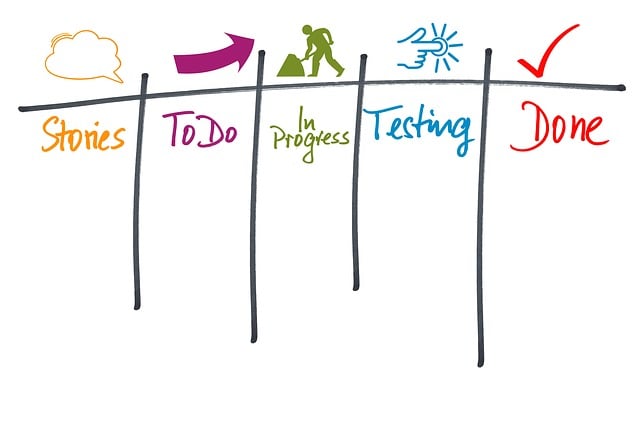Real estate businesses thrive by adapting marketing strategies to diverse audiences across multiple channels. Younger buyers prefer social media like Instagram and TikTok, while older demographics favor email newsletters or print ads. Targeted content boosts conversion rates – social media campaigns highlight modern amenities, while email campaigns emphasize investment opportunities or local history. Diversifying with digital tools (websites, social media, SEO) and traditional methods (direct mail, local events) ensures maximum reach and personalized communication, driving growth in a competitive market.
In today’s competitive real estate market, diversifying marketing channels is crucial for standing out and attracting a broader audience. Understanding your target market across various platforms is key to successful growth. This article explores effective strategies to expand your reach, from leveraging digital tools like social media and online listings to embracing traditional methods that still pack a punch. By mastering these tactics, real estate professionals can engage buyers and sellers in new ways and secure more successes.
Understanding Your Target Audience Across Channels

In today’s digital era, understanding your target audience across various marketing channels is more crucial than ever for real estate businesses aiming to grow. Each channel, be it social media, email campaigns, or even traditional print ads, attracts a unique segment of potential buyers and sellers. By analyzing user behavior and demographics on each platform, marketers can tailor their approach to resonate with specific audiences. For instance, younger generations often engage more on social media platforms like Instagram and TikTok, while older demographics might prefer email newsletters or local newspapers.
This nuanced understanding allows real estate professionals to diversify their marketing strategies effectively. They can create specialized content that speaks directly to the needs and preferences of each audience segment, increasing the chances of conversion. For example, a focus group on social media could highlight modern amenities and lifestyle benefits, while an email campaign might emphasize investment opportunities or neighborhood history, ensuring that every customer feels seen and addressed, regardless of their preferred communication method.
Leveraging Digital Platforms for Real Estate Marketing

In today’s digital era, leveraging various online platforms has become an indispensable strategy for real estate marketers. Websites, social media channels, and search engine optimization (SEO) play a pivotal role in showcasing properties and connecting with potential buyers or renters. By creating engaging content, including high-quality images and virtual tours, real estate professionals can effectively reach a broader audience. Digital marketing allows for precise targeting based on demographics, interests, and location, ensuring that the right properties reach the right people.
Social media platforms like Instagram, Facebook, and LinkedIn offer interactive spaces to build communities and foster relationships. These channels enable real estate agents to share market insights, highlight unique listings, and engage with clients in a dynamic way. Additionally, leveraging digital tools for email marketing and targeted advertising can drive more traffic to property listings, ultimately contributing to increased sales and rentals in the competitive real estate market.
Traditional Yet Effective Strategies for Diversification

In the competitive landscape of real estate, diversifying marketing channels is a proven strategy for growth. Traditional yet effective methods remain invaluable despite the digital surge. Direct mail campaigns, for instance, offer a tangible approach to reach potential buyers and sellers. A well-designed brochure or postcard can effectively communicate property listings or market insights, ensuring your brand remains top of mind even in the recipient’s physical space.
Moreover, leveraging local community events and partnerships can amplify your real estate brand’s visibility. Sponsoring or participating in neighborhood festivals, charity walks, or community meetings allows for face-to-face interaction with prospective clients. These personal connections can build trust and loyalty, ultimately driving more business through word-of-mouth recommendations.






